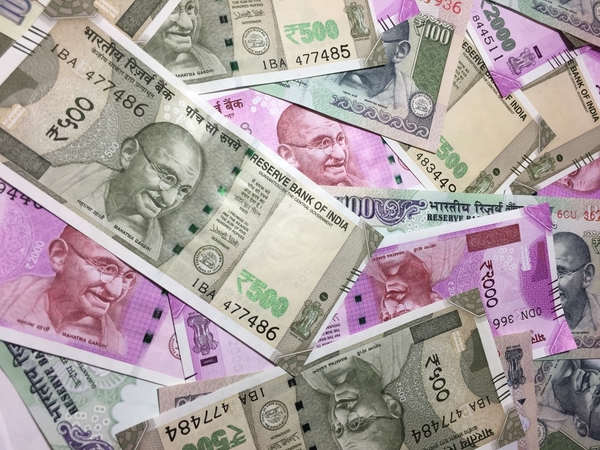This is another year of struggles for the broader emerging markets equity complex, but as is the case in most years, there are pockets of opportunity in developing economies.
In something of a replay of what was seen last year, India is one of this year’s emerging markets standouts, potentially giving investors good reason to evaluate exchange traded funds such as the India Internet and Ecommerce ETF (INQQ ).
A single-country ETF like INQQ is a tactical decision for investors, but one that could be worth it because most traditional, supposedly broad emerging markets benchmarks allocate close to a third of their weights to Chinese stocks, while India accounts for a significantly smaller percentage. For example, the MSCI Emerging Markets Index devotes 31.22% of its weight to China, or more than double its 14.11% weight to India.
Adding to the allure of INQQ is data suggesting that local Indian investors are feeling enthusiastic about their country’s equity market and are altering portfolios to that effect.
“As the MSCI India index gained 9.3% in July – outperforming all other emerging market indices – domestic investors continue to show growing confidence in Indian equities, diversifying their savings into equities and away from the more traditional choices of gold, real estate and fixed income,” according to BNP Paribas research.
Local investors feeling constructive about the Indian economy — Asia’s third-largest — is highly relevant to INQQ. While India has, through some sectors, something of an export story, INQQ is more domestically focused. Many of the fund’s holdings are consumer internet and fintech companies with strong brand recognition in India. In fact, some data points indicate that INQQ could be an ideal way for long-term investors to play Indian stocks.
“While one strong month is no guarantee of longer-term performance, the broad-based strength underscores the Indian government’s target of growing the economy from the current USD 3 trillion size to USD 5 trillion in the next 5-7 years. That translates into a compound nominal annual growth rate of a sizeable 10%-12%,” added BNP Paribas.
India’s equity market is already large, as measured by market capitalization, but it’s experiencing a renaissance of sorts, as it’s home to one of the deepest benches of newly public and emerging growth companies in the emerging world — traits that could be long-term positives for INQQ.
“Investors considering Indian equities have a wide range to choose from. The country’s equity markets are valued at USD 3.5 trillion – among the world’s seven largest markets – with more than 100 companies exceeding USD 1 billion in market capitalisation. Small and mid-cap companies represent some 30% of the market, and there are more than 500 start-up and entrepreneurial companies across 25 sectors,” concluded BNP Paribas.
For more news, information, and strategy, visit our Emerging Markets Channel.

